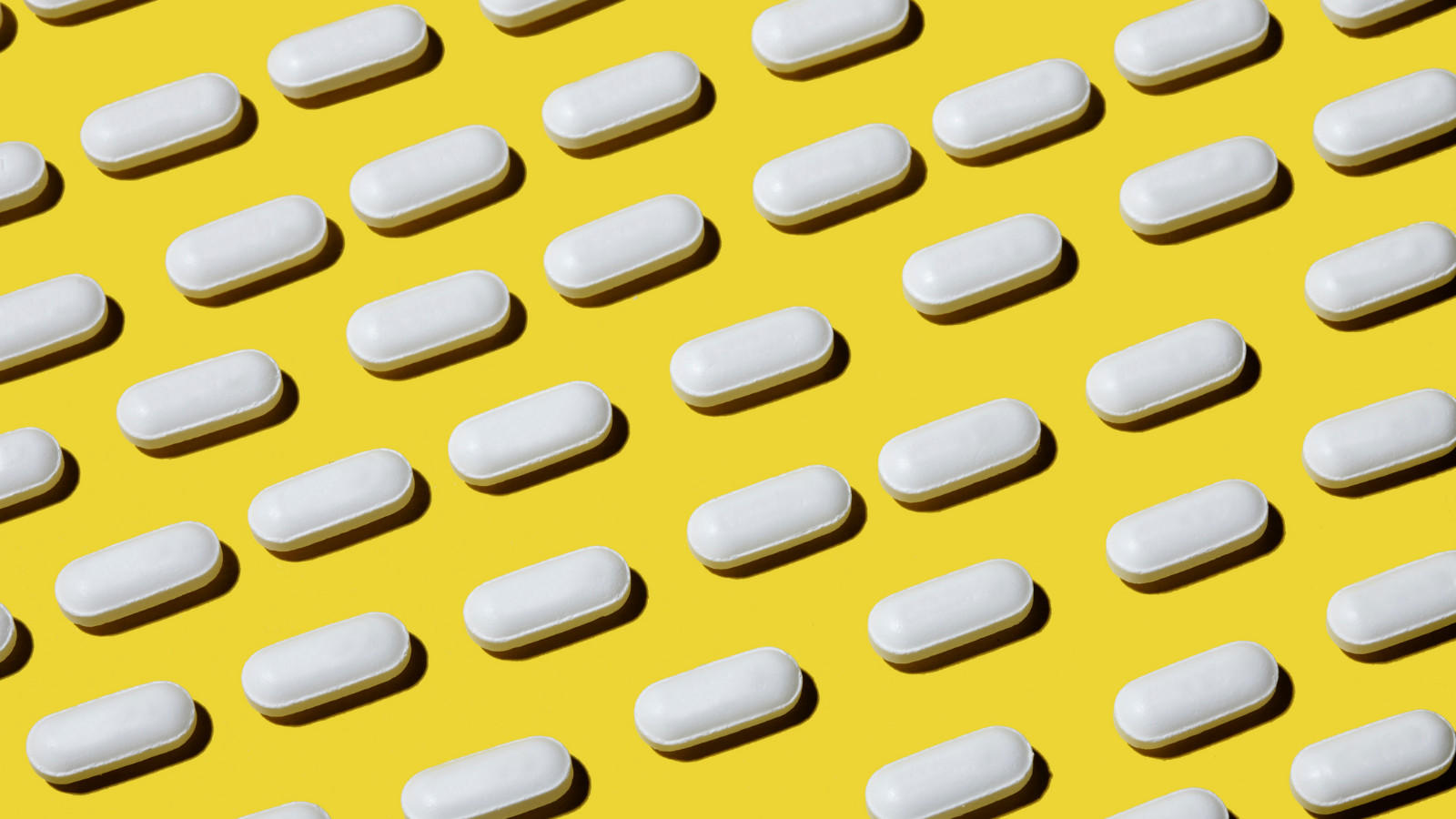Throughout my teens, I have struggled and dealt with anxiety and depression. When my therapist sat me down and recommended that I take medication, I felt ashamed. I felt like I had gotten myself stuck in such a deep hole that the only way to climb out was to take medication because therapy had yet to be successful. I did everything in my power to resist it. What I didn’t know then was that I had been brainwashed to believe that taking medication meant I was weak or a freak when in reality, they are just one of the tools in my toolbox that I used to help heal.
It is evident that in today’s society, a stigma exists around mental health. This includes social stigma, which is a prejudiced attitude that others have, and self-perceived stigma, which is an internalized attitude. For me, this stigma meant that taking medication resulted from me being a failure. If it were not for this stigma, perhaps I could have found relief sooner, and not have waited so long to use this source for help.
For many people, medications play a major role in treatment. According to the Mayo Clinic, they can significantly improve symptoms – which were exactly what I needed so I could make progress with my therapist and learn coping skills. Although medication is not always the right course of action for everyone, it is an option worth exploring. So many people are reluctant to seek help due to their own shame, or fear of others judging them when really, people need to be more open-minded regarding what resources may be available as a source of help.
No one should have to feel limited in their recovery because they believe in the stigma surrounding medication. If someone needs a walker in order to walk, you wouldn’t expect them to be able to walk if you take that walker away. In the same way, you can’t expect someone to recover if they need medication but don’t have it (or are too ashamed to take it). By taking medication I was able to not only survive my freshman year of high school but thrive.
As mental health discussions continue to evolve and become more widely discussed, we need to eliminate the stigma surrounding medication. Both education and understanding are needed so that people with mental health issues can become comfortable seeking treatment from a variety of sources, including medication. Education can shed light on mental health problems and avenues for finding help from a variety of sources that may include self-care, meditation, yoga, speaking to a therapist, and yes, even medication.
The point I’m trying to make here is that it is okay to take medicine to treat mental illnesses, and for those in need, there is a Here.Now. article titled “How to Ask for Help.” It explains how to recognize if you need help, who you can talk to, what you can say, and what to do if you’re worried about someone else’s mental health. Always look out for those in need, and most importantly, always look out for yourself.






